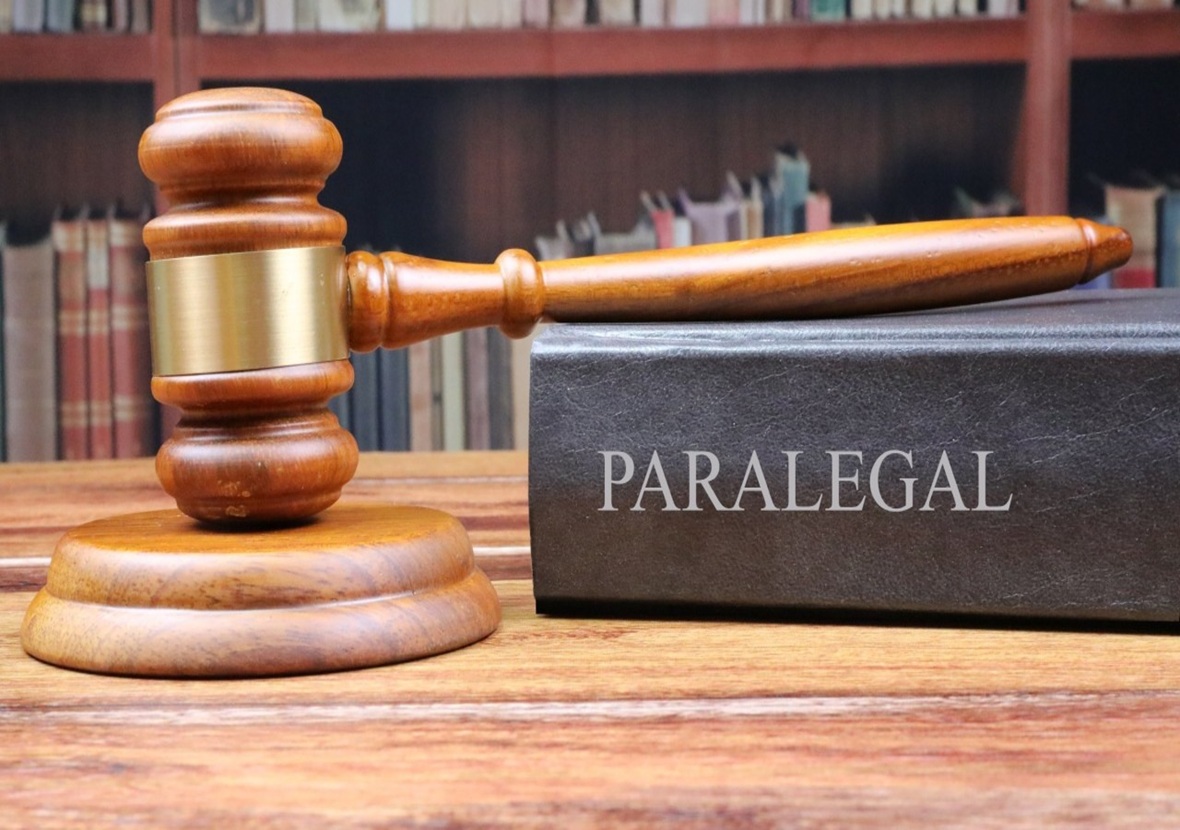Seeking Asylum? Know Your Rights and Who Can Represent You
Seeking asylum in the United States is a profound and courageous decision, often made under dire circumstances. Whether escaping political persecution, war, or threats to personal safety, the journey to securing protection is complex and challenging. If you find yourself searching for “asylum lawyer near me,” feelings of uncertainty and overwhelm are understandable—but you are not alone.
A clear understanding of your legal rights as an asylum seeker is essential for safeguarding your future. With evolving immigration policies, strict deadlines, and intricate legal procedures, securing qualified legal representation is just as vital as knowing your rights. Unfortunately, many individuals remain unaware of the legal options available to them, including free and low-cost resources designed to provide crucial assistance.
This guide offers a comprehensive overview of the U.S. asylum process, covering fundamental legal rights, how to find reputable legal support, and the distinctions between qualified and unqualified assistance. Additionally, it highlights common pitfalls to avoid, ensuring that individuals seeking protection—or supporting someone who is—can navigate this process with clarity and confidence.
Understanding Asylum and Who Qualifies
To begin, it’s important to understand what asylum actually means under U.S. law. Asylum is a form of legal protection granted to individuals who have fled their home country due to persecution or a well-founded fear of persecution based on race, religion, nationality, membership in a particular social group, or political opinion.
Not everyone qualifies for asylum. For example, those who have been convicted of serious crimes, pose a danger to national security, or waited too long to apply may be barred from receiving it. Typically, you must apply for asylum within one year of arriving in the United States, though there are exceptions in certain cases.
A successful asylum application hinges on demonstrating that returning to your country of origin would put you in danger. Providing evidence—such as medical records, police reports, or testimony—is critical. And this is where having a knowledgeable asylum lawyer near you can make all the difference. A skilled attorney knows how to build a compelling case and understands what judges and immigration officers look for.
Know Your Rights as an Asylum Seeker
As an asylum seeker in the U.S., you have specific legal rights—even if you entered the country without documentation. One of the most important rights you have is the right to apply for asylum, regardless of how you entered the country. This means that even if you crossed the border without permission, you can still seek protection.
You also have the right to a fair hearing. This means you are entitled to present your case in immigration court, with an interpreter if needed, and to submit evidence in support of your claim. You cannot be deported until your asylum application has been fully processed and reviewed, and you have the right to remain silent during questioning by immigration authorities.
Another key right is your ability to have legal representation. While the U.S. government does not provide free lawyers in immigration court, you are allowed to hire an attorney at your own expense. Fortunately, many nonprofit organizations and legal aid clinics offer free or low-cost services. Knowing this can change the outcome of your case significantly, especially when legal terms and proceedings can be confusing or intimidating.
Why Legal Representation Matters
Immigration law is one of the most complex areas of the U.S. legal system. Without legal assistance, asylum seekers are far more likely to be denied protection. Studies have shown that applicants with legal representation are over five times more likely to win their case compared to those without a lawyer.
An experienced asylum attorney helps you understand the process, prepares you for your credible fear interview or court appearance, and ensures that all necessary documents are filed correctly and on time. They can also identify any additional forms of relief you may qualify for, such as Temporary Protected Status (TPS) or withholding of removal.
Many people fall victim to fraudulent “notarios” or unlicensed consultants who claim to offer legal help but are not authorized to do so. These individuals can do more harm than good by giving poor advice or filing incorrect documents. When searching for an “asylum lawyer near me,” always check the attorney’s credentials through your state bar association or immigration attorney registry.
How to Find a Trusted Asylum Lawyer Near You
When you search for legal help, prioritize licensed immigration attorneys or accredited representatives from nonprofit organizations recognized by the U.S. Department of Justice. A great place to start is through trusted directories such as the American Immigration Lawyers Association (AILA), the Immigration Advocates Network, or local legal aid societies.
Look for lawyers with specific experience handling asylum cases. Don’t hesitate to ask questions during your initial consultation—many attorneys offer free or low-cost first meetings. Ask about their success rate with asylum claims, their familiarity with country conditions relevant to your case, and what their legal fees include.
Location is also key. Having a lawyer nearby makes it easier to attend meetings and build a trusting relationship. Searching for an “asylum lawyer near me” ensures you find someone familiar with the local immigration courts and judges, which can work in your favor during proceedings.
What to Expect During the Asylum Process
The asylum process can be lengthy and involves several stages. Once you submit your application (Form I-589), you may be called for a biometric appointment, followed by an interview with a USCIS officer or a court hearing if you’re in removal proceedings.
If your case is strong and you pass the credible fear interview, you may be allowed to stay in the U.S. while your case is pending. However, if your claim is denied, you may appeal to the Board of Immigration Appeals and, in some cases, federal court. Throughout this time, your ability to work legally depends on meeting certain conditions, such as waiting 150 days after submitting your asylum application.
A good asylum lawyer will walk you through each step. They’ll help you gather and organize evidence, coach you on what to expect during your interview or court appearance, and ensure that you meet all deadlines. Their support can ease anxiety and prevent costly mistakes that could derail your case.
Resources for Free or Low-Cost Asylum Legal Help
If you cannot afford a private attorney, you still have options. Many nonprofit organizations and immigration advocacy groups offer pro bono (free) legal services for asylum seekers. Organizations like Catholic Charities, RAICES, the American Immigration Council, and the International Refugee Assistance Project (IRAP) are well-known for providing support.
Additionally, many universities with law schools have immigration law clinics where law students, supervised by faculty, represent asylum seekers. These programs offer high-quality help at little to no cost and are often deeply committed to the public good.
When reaching out for help, be honest and provide complete information about your case. This will allow the legal team to assess your situation properly and increase your chances of receiving assistance. And remember—if someone asks for money but cannot show credentials or proof of training, it’s a red flag.
https://usfonts.link/programmatic-advertising/
Conclusion
Seeking asylum is a profoundly personal and often daunting journey, but having a clear understanding of your rights and access to the right support can make all the difference. From knowing who qualifies for asylum to recognizing the significance of legal representation, every step plays a crucial role in securing protection and stability.
This discussion has outlined the fundamental aspects of asylum, including your legal rights, the importance of securing qualified legal assistance, how to find a reputable attorney, and what to anticipate throughout the process. Now, the next move is yours. Whether you need legal guidance or simply wish to explore your options, taking action without delay can be instrumental in shaping your future.















